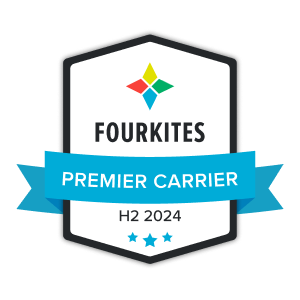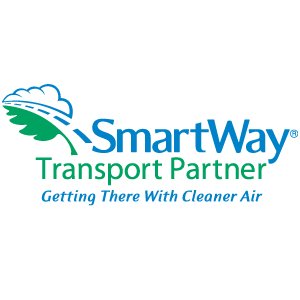What Are Trucking Contracts?
Truck contracts are agreements that outline the terms of freight transportation between truckers and shippers. These contracts can vary greatly in scope and length, influencing how trucking companies operate.
| Type of Contract | Description |
|---|---|
| Freight Contracts | Agreements for transporting goods from one location to another, typically negotiated based on weight and distance. |
| Government Contracts | Specific contracts awarded by government entities, often requiring adherence to strict regulations. |
| Owner Operator Contracts | Contracts that allow owner-operators to work independently while still partnering with freight companies. |
| Semi Truck Contracts | Agreements specifically designed for drivers operating semi-trucks, often with higher pay rates. |
How to Get Trucking Contracts?
To get trucking contracts, build relationships with shippers, utilize online platforms, and ensure compliance with regulations. Many trucking companies succeed by networking and leveraging technology.
- Attend industry events and trade shows to connect with potential clients.
- Register on freight load boards to find available trucking contracts.
- Maintain a strong online presence to attract shippers seeking reliable transportation partners.
How to Get Government Freight Contracts?
Securing government freight contracts requires understanding the bidding process and compliance with federal regulations. These contracts can be lucrative but come with strict requirements.
- Register on SAM (System for Award Management) to become eligible for government contracts.
- Research and respond to Requests for Proposals (RFPs).
- Prepare your business to meet government standards, including safety regulations.
How to Get Transportation Contracts?
To secure transportation contracts, focus on reliability, pricing, and customer service. Building a reputation in the industry can lead to more contract opportunities.
- Offer competitive pricing while maintaining service quality.
- Develop a strong marketing strategy to reach potential shippers.
- Utilize testimonials and case studies to build credibility.
How to Get Government Contracts for Trucking?
Getting government contracts for trucking involves understanding the procurement process and being prepared to meet specific criteria. These contracts often offer stability and long-term work.
- Engage with local government agencies to find upcoming projects.
- Prepare necessary documentation, including proof of insurance and compliance certificates.
- Network with other contractors and businesses who have experience in government projects.
Where to Find Trucking Contracts Available?
Truckers can find available contracts through online load boards, freight brokers, and industry networking. Leveraging multiple channels increases the chances of securing contracts.
- Check websites like DAT and Truckstop.com for available loads.
- Collaborate with freight brokers who can connect you with shippers.
- Utilize social media platforms to network and find job leads.
FAQs About Trucking Contracts
1. How much can I earn with trucking contracts?
Earnings vary widely based on contract type, distance, and cargo; however, owner operators can earn between $1.50 to $3.00 per mile. (National Association of Small Trucking Companies, 2023)
2. Are there specific licenses required for trucking contracts?
Yes, you need a valid Commercial Driver’s License (CDL) and possibly additional certifications depending on the cargo type. (Federal Motor Carrier Safety Administration, 2023)
3. What should I include in a trucking contract proposal?
Include your pricing, service details, compliance information, and references to enhance your proposal. (Trucking Industry Association, 2023)
4. How do I ensure compliance with trucking contracts?
Regularly review regulations, maintain accurate records, and conduct safety inspections on your vehicles. (Transportation Safety Board, 2023)
5. Can I negotiate the terms of a trucking contract?
Yes, many terms can be negotiated, including pricing and delivery schedules, to meet both parties’ needs. (Freight Transportation Journal, 2023)


